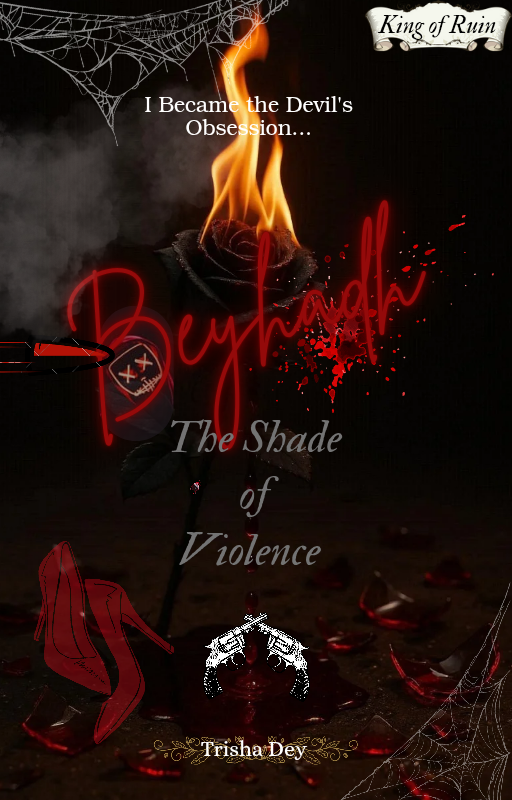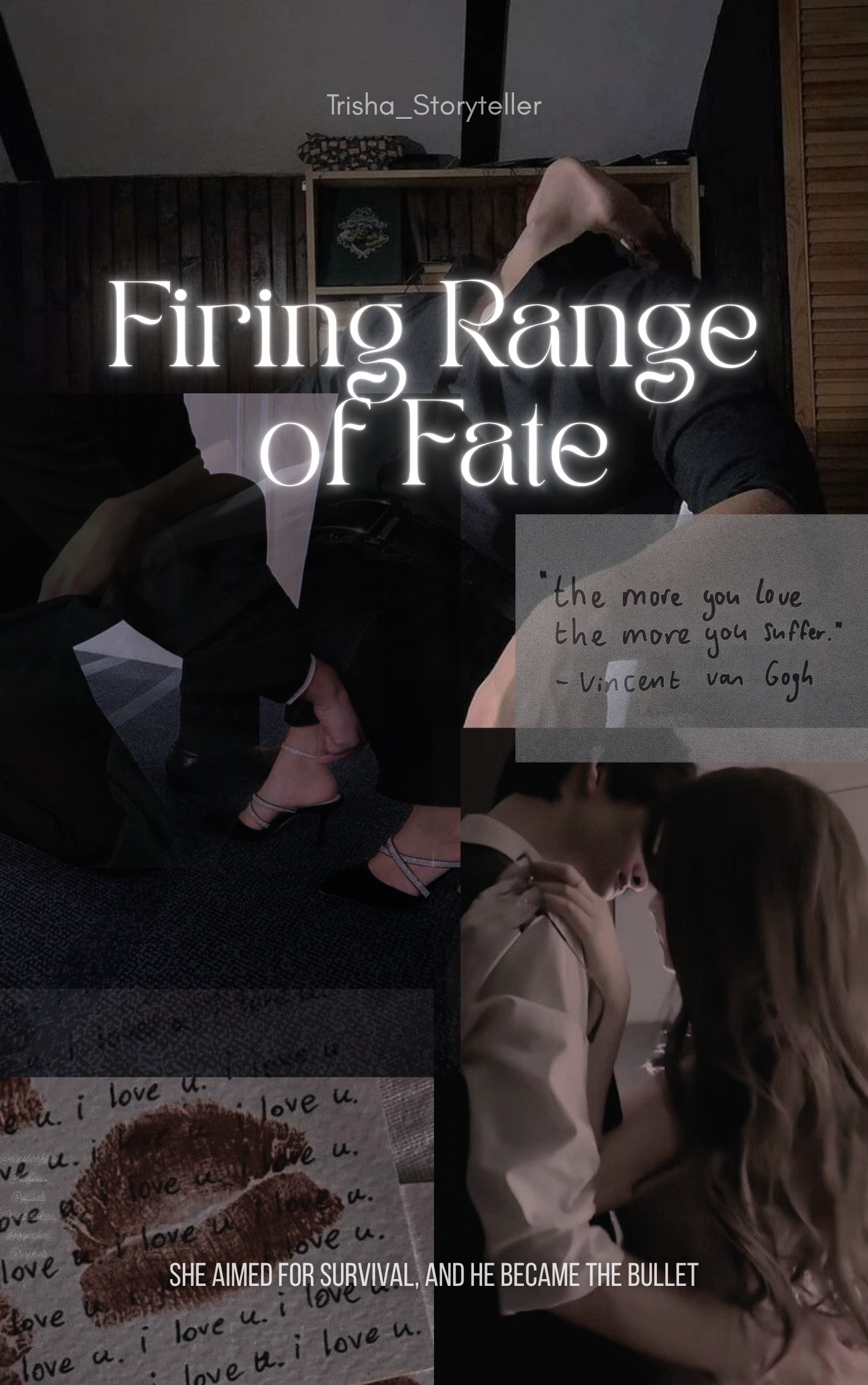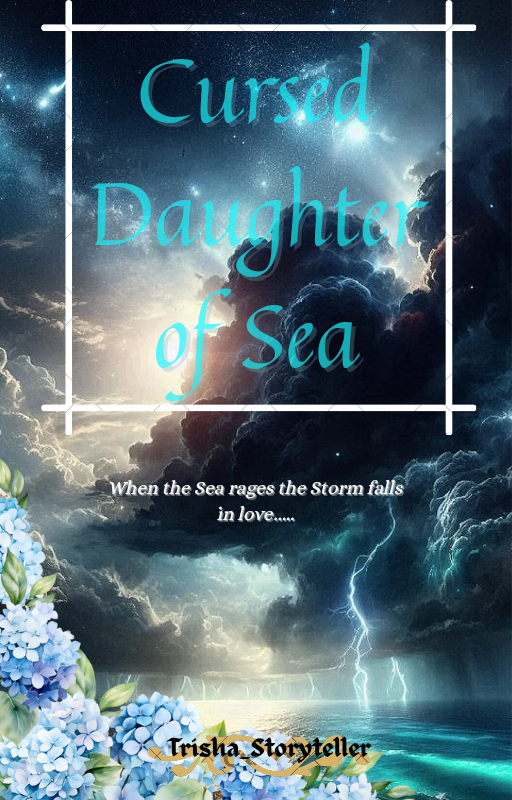I was stacking the last of the boxes when a hush fell over the bungalow, as if the house were holding its breath to watch me go. Each cardboard square creaked into place like a small, final heartbeat. I kept finding myself tracing the outline of rooms with my mind - the kitchen where morning light used to pool on the counter, the porch swing that remembered every afternoon lullaby and every recollection made the knot in my chest tug tighter. I would miss this place more than anything.
The boxes were almost done, but I couldn't leave without one last look at Grandma's room. It felt like a waning ritual: to close one chapter properly, you had to walk its pages once more. I climbed the stairs with that awkward reverence you give old photographs, fingers grazing the banister where years of hands had left a worn, warm groove. The hallway smelled faintly of lemon polish and dust-house smells that somehow translate to "home."
I pushed open Grandma's door. The room was dim, the shadows gathering like old friends in the corners. For a moment, all I could hear was my own breath, and it sounded too loud in such a familiar place. Tears pricked at the edges of my eyes, not only from the sorrow of leaving but from something else: a memory of Kae, the way he'd steadied me with a look; that maddening, tender pull that had blurred the line between protector and stalker. My life had folded itself into contradictions - messy, raw, and impossibly beautiful.
The lights blinked once, then went out. Of course they did - only this house could have lights with such bad timing. I muttered a curse under my breath and fished my phone from a box, tapping the flashlight on. The beam cut a thin, deliberate path through the dim.
As I straightened, the light glanced sideways and caught a small diamond-shaped mirror over the bed. It threw back a faint, reversed letter: "R." I frowned. Another mirror, in the far corner, answered with an "E." I stood up, moving across the room, and the next mirror offered a "Q." One after another, each small glass revealed a letter, until the word assembled itself in my head like a slow, terrible spell: Requiem.
The name didn't make sense. Why would Grandma arrange reflections like a puzzle? Why would anyone leave a clue that could only be read as a chorus of glass? I felt the old rational part of me - the part that packs boxes and pays bills - step forward and try to explain it away. Maybe she liked the word. Maybe it was an old song lyric. But the rest of me, the part that remembered the hush of secrets behind locked drawers, felt something colder.
I googled it then, hands trembling, fingers clumsy on the screen. Nothing obvious came up - only a stray, poorly indexed article buried under months of noise: a tentative report about a clandestine reestablishment tied to human experiments. The headline was thin, almost apologetic, like it could be ignored. My blood chilled anyway, the way wind creeps under your collar.
I tossed my phone onto the bed, flash facing up, and let my head drop back against the mattress. A hollow groan escaped me - frustration shaped into sound. Then my eyes drifted upward, drawn by a ghost of movement. The chandelier, stained slightly with time, promised a new reflection. The letters on the mirrors had been one thing; what I saw now was something else entirely.
In the middle of the chandelier, the reverse of the word hung like a confession. I flipped my phone to the back camera to counter the mirror-image, angling until the letters became clear. The sentence read as if someone had written it with the slow certainty of finality:
"They are coming for me, The Requiem. If you are reading this then know I will kill myself before they find me. But you must save yourself."
The room contracted. The air lost its flavor. My throat clenched, and the sudden, raw certainty of it all - the gunshot, the official note that had called it murder reassembled itself with a terrible new angle. My grandmother had not been taken. She had not been silenced by some outside hand. She had resolved to end herself rather than let The Requiem find her.
A hundred small details fractured and scattered: the way her fingers lingered on a closed drawer, the night she'd refused to let me look in her jewelry box, the note tucked like a whisper behind her Bible. They all seemed to point to a life threaded through with a fear I'd not understood. I felt foolish, then furious, then hollowed out. For a moment I wondered if the truth had been sitting in this room, pale and patient, waiting for me to finally look up.
Outside, a wind made the oak leaves whisper. Inside, the chandelier's crystals caught the phone light and scattered it into thin, quivering stars. The bungalow felt both smaller and vaster, as if some secret seam of the house had split open. My grandmother's death was no longer a private, quiet thing - it was a door ajar, and whatever had whispered through it had left a name on the glass.
I sat there with the phone warm against my palm, the ghosts of memory and possibility pressing close. If she had written that message, she had known something I did not. If she had chosen her end, she had done it to keep something at bay. For the first time in years the old house felt less like a sanctuary and more like a map - one with a single, jagged trail I could either follow, or let sink back into shadow.
I closed my eyes, and the memory of Kae's hand - the same one that could steady, the same one that could stalk - brushed against the memory of Grandma's last, terrible warning. The pieces did not fit neatly. They never do. But they fit in the way that cuts. And I knew, with an icy clarity that left me breathless, that leaving this bungalow would mean stepping out of the only shelter I had left and into whatever had been waiting at the edge of her silence.
🤍
I was already unsteady from the chandelier's message when my phone buzzed in my palm. Unknown number. No caller - just a single clip. My thumb hesitated, then tapped play.
The video opened to a jittery, zoomed-in chaos: Kae at the center of a fight, flailing against a dozen men. He moved like a coiled thing-quick, precise, a dangerous elegance I'd seen a hundred times and never wanted to see in violence. Then a man with a dark patch on his shoulder stepped into the frame and the world slowed in the way nothing does when it wants to make you understand a single, savage fact. A gun rose. The shot cracked. Kae staggered, hand clutching his side, his face going white. The camera wavered; someone swore; the clip ended on a smear of red.
My hands were shaking before the phone even finished. The clip ended on Kae collapsing in a smear of broken motion and red; my breath went thin and loud in my ears. Without thinking, I shoved past boxes and down the stairs - the bungalow blurred into a smear of wallpaper and shadow. I didn't take the cautious route. I ran for the garage, for the car keys, for anything that would get me to him faster.
A footstep answered me in the dark: a soft, deliberate crunch on gravel, too measured to be coincidence. I spun, elbow raised by muscle memory - Kae's lessons were a loop I could run even without thinking - and launched an elbow strike into empty air. Someone caught it. Big hands clamped round my forearm like steel bands, wrenching. The grip was huge, animal and practiced. They twisted me, using my momentum to slam me into the cold metal of the garage wall.
The garage light didn't so much fail as decide to be uncooperative; instead of going on, the ceiling offered a single, filthy bulb that hiccupped and guttered, leaving us in a churning pool of black and stuttering gray. Darkness turned ordinary movement into puzzle pieces you had to guess. It favored the practiced and punished the uncertain.
Four shapes resolved from the dark - blacked-out balaclavas, shoulders as wide as doors, boots that sounded like verdicts. They moved with the choreography of professionals: close, fast, coordinated. The first man came low with a sweep that would have taken my legs if I hadn't dropped my center and spun out of reach, planting my heel into his calf. Metal clanged; he cursed. I was a blur of elbows and knees, ugly and effective.
From the dark I heard boots fall, a whispered command, and then bodies colliding. I pivoted on my heel and crashed an elbow into a masked jaw, then shoved, rolling through their blind spots. Fight training simplified into clean, economical cruelty: drive weight, create angles, weaponize pain. My knee smashed into a sternum; a hand tore at my hair and I answered with a thumb to an eye-socket I could not see - you don't need vision when you can feel a face flinch.
They had size. They had numbers. But the dark was mine. I'd fought Kae's way long enough to map bodies by sound and breathing: a snort meant a lung hit, a hiss meant a swallowed breath. I moved through those breaths, pivoting, ducking, launching palm strikes that hit bellies and ribs with the diffuse, ruinous force of something desperate. One of them lunged with a knife-looking object; I caught the wrist, felt that cool, keen threat, and drove an uppercut into his nose. Flesh and blood met gloved fingers; he staggered. The smell of metal and oil and hot rubber filled my mouth.
A larger shadow blocked the only sliver of light near the garage door - the heavest of them. He was the muscle, all mass and patient cruelty. He grabbed me like a harvest and swung. I countered with a taught shove, twisting under his arm, driving my boot into his knee joint with a sickening pop. For a second, he stumbled. Triumph tasted feral and dangerous.
They didn't retreat. The man with the syringe was patient - that was the worst of it. He watched, learning my rhythm, waiting for the tiny misstep that fatigue always guarantees. My ribs told me I wouldn't last long; every breath came through a narrowed gate, sharp and brittle. I was a live wire, every motion ragged, but the dark was hiding small miracles: a reach for a dropped wrench, a hand finding a strap on a balaclava and giving it a wrenching, blinding twist.
One of them tried to pin my arm behind my back to neutralize me. I wrenched, hacked my knee up into his groin, and felt him fold. Another came at me with a flurry, and I used the man's momentum to throw him over my shoulder - a textbook sacrifice throw I'd seen Kae show me once over coffee - and he hit concrete hard enough to make the whole garage taste metallic.
But they adapted like quick-read predators. As I clawed for breath, the biggest man changed rhythm, angling to put his weight across my chest. He timed it with a strike from the watcher: a narrow, silver syringe flashing in the dark like a viper. I saw it because I felt the change in air right before the prick. The needle slipped between shoulder blade and spine - a place you don't feel immediately, a place built to hide things - and a hot, chemical cold stabbed into my veins.
Everything sped up and slowed down at once. My hands found faces, wrists, masks; I slammed a fist into a throat I couldn't see, twisting until the man choked and fell like a puppet cut loose. The biggest one tried to use my momentum to roll me, to pin me flat. I fought him with scraped knuckles and a feral, animal grit - a left hook to his ear, a heel to his knee, a pelvic shove that got him off-balance. My fingers found the syringe-arm, closed on it, and pulled. For a breath I thought I'd won.
Then two gloved hands yanked my head back and force met finesse. Another needle - faster, cleaner - pierced the exposed fold at the crook of my neck. This one tasted like winter. A cold burned under my skin and spread outward in bright, terrible noodles. My vision pinched at the edges and colors bled into a single, spreading bruise. Sound narrowed to the drumbeat of my own pulse. The men's voices became distant, as if they were speaking from under a river.
I clawed for purchase on the concrete with nails that tore and bled; my hands went slick, useless. They hauled me upright with a practised, efficient motion, not brutal so much as clinical - like surgeons preparing a cadaver. The big man folded me like a rag, and I saw, for a heartbeat, a flash of the outside world beyond the garage: the faint smear of streetlight, a distant moving car, Kae bleeding in some stranger's palm on a shaky phone clip. Rage pealed through me, incandescent and stupid and potent. I tried to roar. It came out small.
The world was receding in a rolling tide. My muscles obeyed fewer and fewer commands. I found the biggest man's wrist one last time and sank what strength I had into a brutal wrench that made something in him grunt. He staggered, and for that thin instant I thought: escape. I lunged. My fingers brushed the edge of the garage door mechanism - salvation a hand's breadth away.
Then the needle at my neck delivered its final kindness. My limbs uncoiled and the light left like someone pulling a plug. Noise dulled. The boots over me slowed and took on a syrupy absence. I went limp, not asleep but unmade, as if someone had erased the lines that kept me whole. My last coherent thought was a simple, shredded promise: find Kae.
They moved like ghosts then, their footsteps small and precise. A soft, cold hand checked my pulse and listened for breath - medically indifferent. One of them hissed, "Requiem," like a benediction. They bundled me up, efficient and professional, and for the first time since the message in Grandma's room, everything fit together with a clarity that made my consciousness recede: this was not random. This was planned.
Dark swallowed me and left only the metallic tang of adrenaline and the faint, distant beat of my own heart as if someone else were listening to it through their hand. The last thing I felt before the world went flat was the cold kiss of the needle and the hard certainty that whatever "Requiem" meant, it wanted us both - and I was going to wake up somewhere that would demand everything I had left.
And then it was Darkness.....
or not?
🤍
You've arrived at the cliffhanger, standing at the edge of the story. Now your merciless Author will leave you with the exquisite ache of anticipation. See you soon in the second book... but ask yourself: Is Kae truly gone? Who spirited Em away? And most importantly-will they ever find their way back to each other?







Write a comment ...